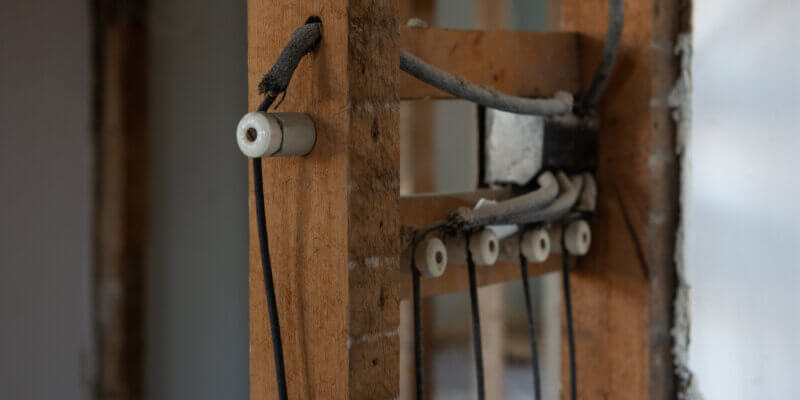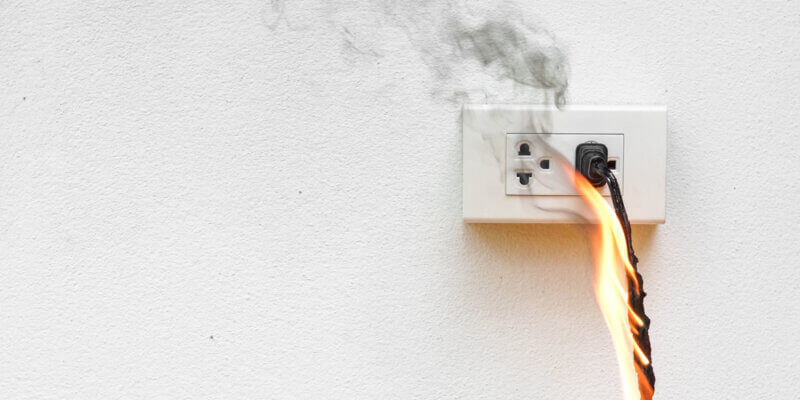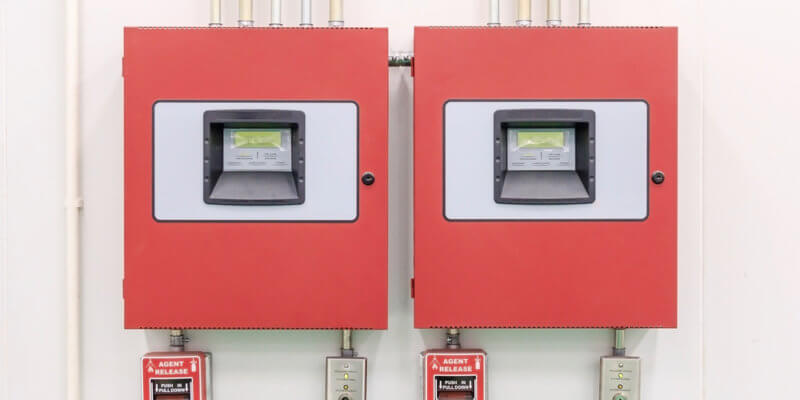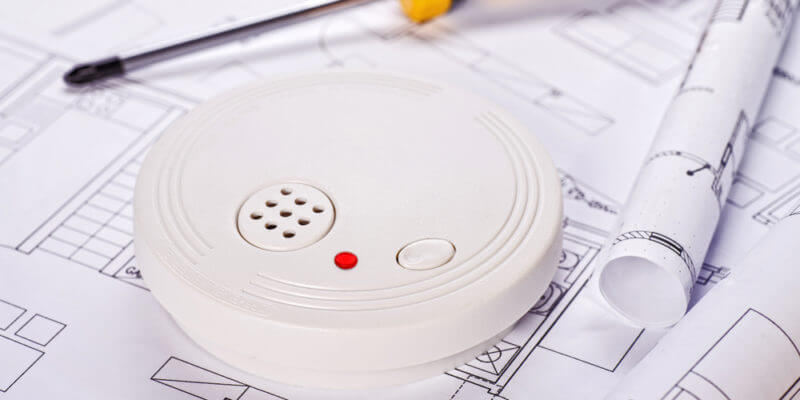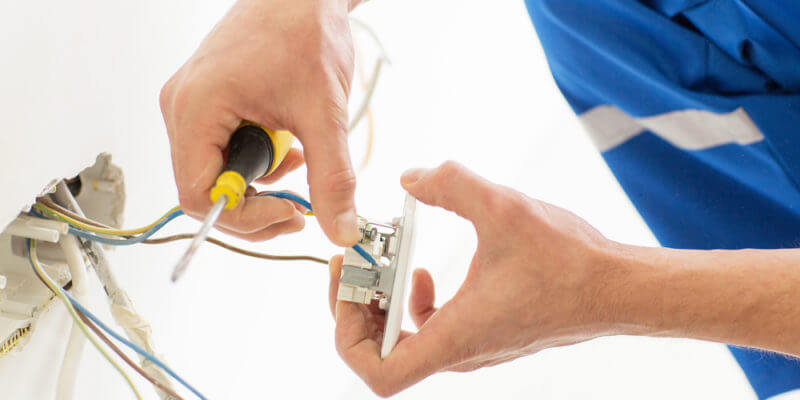How to Spot and Replace Knob and Tube Wiring
Knob and tube wiring was an electrical wiring method used by electricians from the late 1800s to the mid-1990s. It was considered to be revolutionary for home electricity at the time. However, as time has passed and technology has advanced Knob and tube wiring is no longer used or supported for current-day technology. Its lack of compatibility with current technology and home appliances can lead to numerous problems in your home.
How to Spot Knob and Tube Wiring
If you are currently unsure if you have knob and tube wiring in your home it’s not too late to check. The best areas for spotting knob and tube wiring are within your basement or attic. Simply look around the joists for small ceramic tubes and knobs. If you spot the wiring, you should begin to think about how to replace it. If you do not spot any wiring in these areas that does not mean you are completely free of knob and tube wiring. Sometimes knob and tube wiring can be behind walls from previous homeowners trying to cover up the problem rather than resolving it. The only way to truly tell is by creating a hole in the wall to view the wiring in your home. While this may seem like a tedious task it can help you save thousands in the future by helping you avoid a major incident.
Potential Knob and Tube Wiring Hazards
Going out of your way to spot knob and tube wiring can feel unnecessary or like an overreaction. However, this is not the case knob and tube wiring can present a number of possible hazards for your home. The biggest hazard is the risk of a fire in your home due to wear and tear over time or too large electrical loads from modern appliances. Another common risk associated with knob and tube wiring is the lack of electrical ground. Not having a ground wire can lead to your devices and yourself being severely damaged. Whilst knob and tube wiring isn’t necessarily illegal it definitely has its cons that make it worth avoiding.
Knob and Tube Wiring Effects on Home Value
Knob and tube wiring is obsolete and carries many risks. Therefore, most insurance companies do not insure or renew homes that have knob and tube wiring. Nor, do they make it easy for you to finance a home with knob and tube wiring. Overall it becomes a financial headache that you may have to deal with for quite some time. Knob and tube wiring can potentially lower the overall value of your home as well. Since the cost of rewiring a home is very expensive you would need to deduct the additional cost from your selling price. Since many people stay away from knob and tube wiring it’s important to be transparent with any interested buyers. If you’re thinking of selling your home that contains knob and tube wiring just be prepared for a longer selling period.
How to Replace Knob and Tube Wiring
Knob and tube wiring replacement throughout a home is not an easy job. An ordinary electrician may find many complications and can do more harm than good if not experienced. That’s why it’s important to choose a trusted electrician for the job. Someone like Brunelli Electrician who has been in business for decades has the experience your home needs. With great prices and customer service, it’s no wonder why our customers keep coming back. If you want to replace knob and tube wiring in your home make sure to call Brunelli Electrician today!

